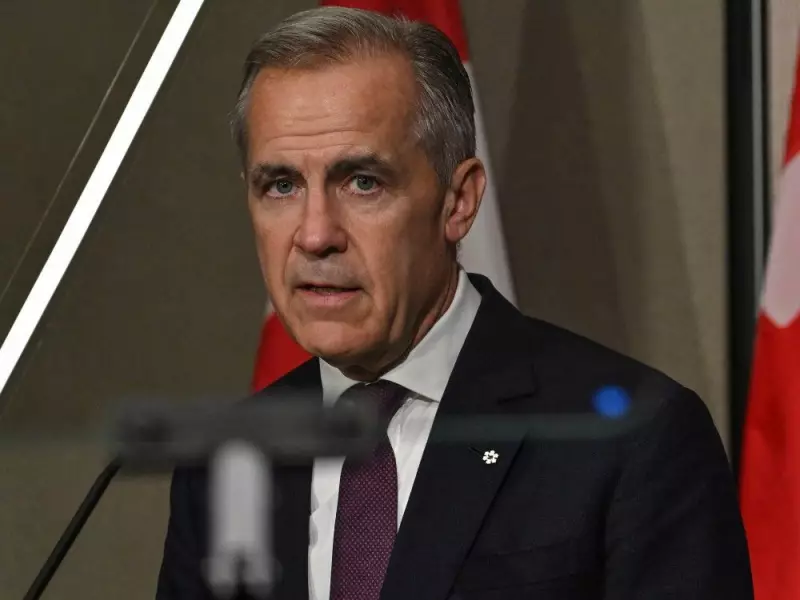
Finance Minister Chrystia Freeland has unveiled Canada's 2025 federal budget, projecting a substantial $38.9 billion deficit that's already generating heated debate across political and economic circles. The fiscal blueprint comes at a critical juncture for the Canadian economy, balancing competing priorities of social spending against fiscal responsibility.
The Numbers Behind the Headlines
According to the budget documents tabled in Parliament, the projected deficit represents a significant financial commitment from the Liberal government. The shortfall reflects ongoing spending measures designed to address pressing national concerns while navigating global economic headwinds that continue to challenge growth projections.
Key budget highlights include:
- Projected deficit of $38.9 billion for the 2025 fiscal year
- Continued investment in social programs and infrastructure
- Measures aimed at supporting middle-class Canadians
- Strategic spending to bolster economic resilience
Political Reactions and Economic Implications
The opposition Conservatives have already voiced strong criticism of the deficit numbers, arguing that the government is overspending at a time when fiscal restraint should be prioritized. Conservative finance critic Pierre Poilievre characterized the budget as "fiscally irresponsible" and warned of long-term consequences for Canadian taxpayers.
Meanwhile, government officials defend the spending plan as necessary to maintain crucial services and stimulate economic growth. "We're making targeted investments in Canada's future while ensuring we have the fiscal capacity to respond to emerging challenges," a senior finance official stated during the budget lockup.
What This Means for Canadians
Beyond the political rhetoric, the budget's deficit projection raises important questions about Canada's economic direction. Economists are divided on whether the spending will provide the intended economic stimulus or potentially fuel inflation in an already volatile economic environment.
The budget's release comes amid ongoing concerns about housing affordability, healthcare funding, and Canada's competitive position in the global economy. How these deficit projections translate into real-world impacts for Canadian families and businesses remains a central question as Parliament begins its review of the financial plan.
As the debate unfolds in the coming weeks, Canadians will be watching closely to see how this substantial financial commitment aligns with the country's economic needs and fiscal realities.





